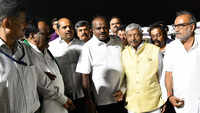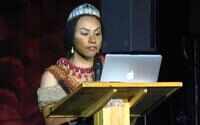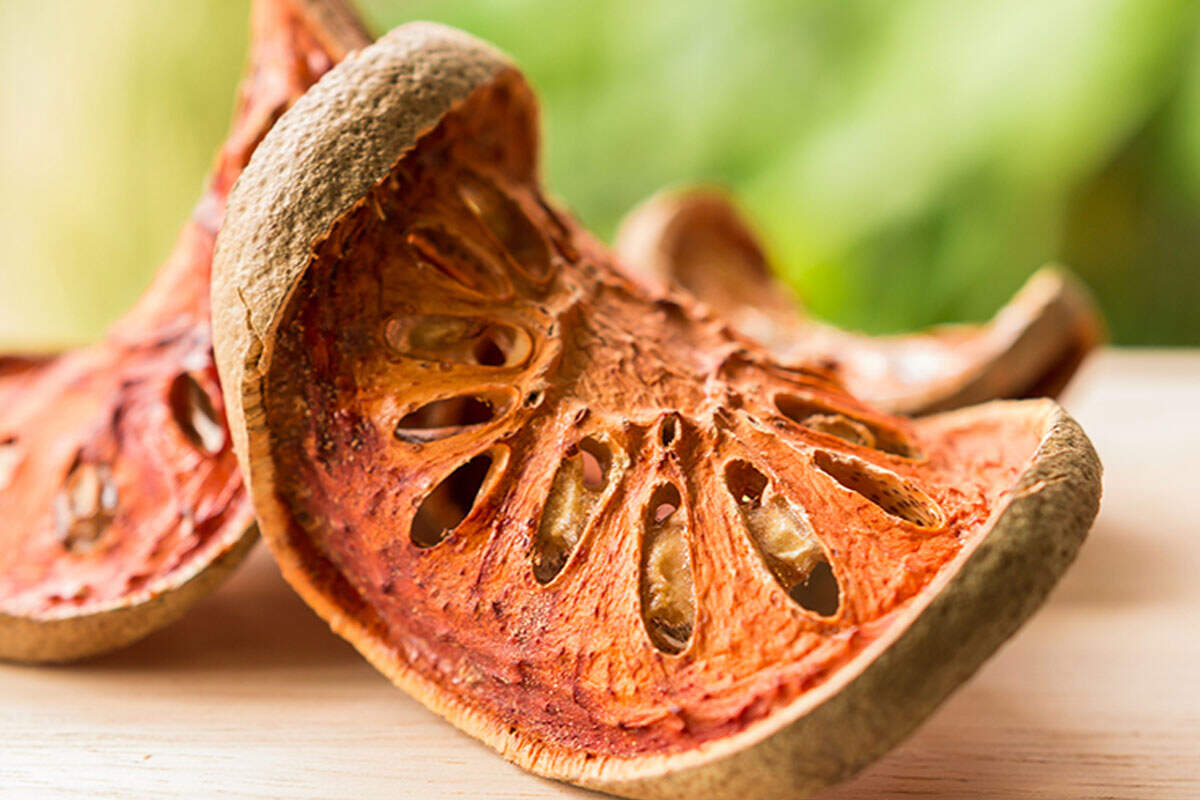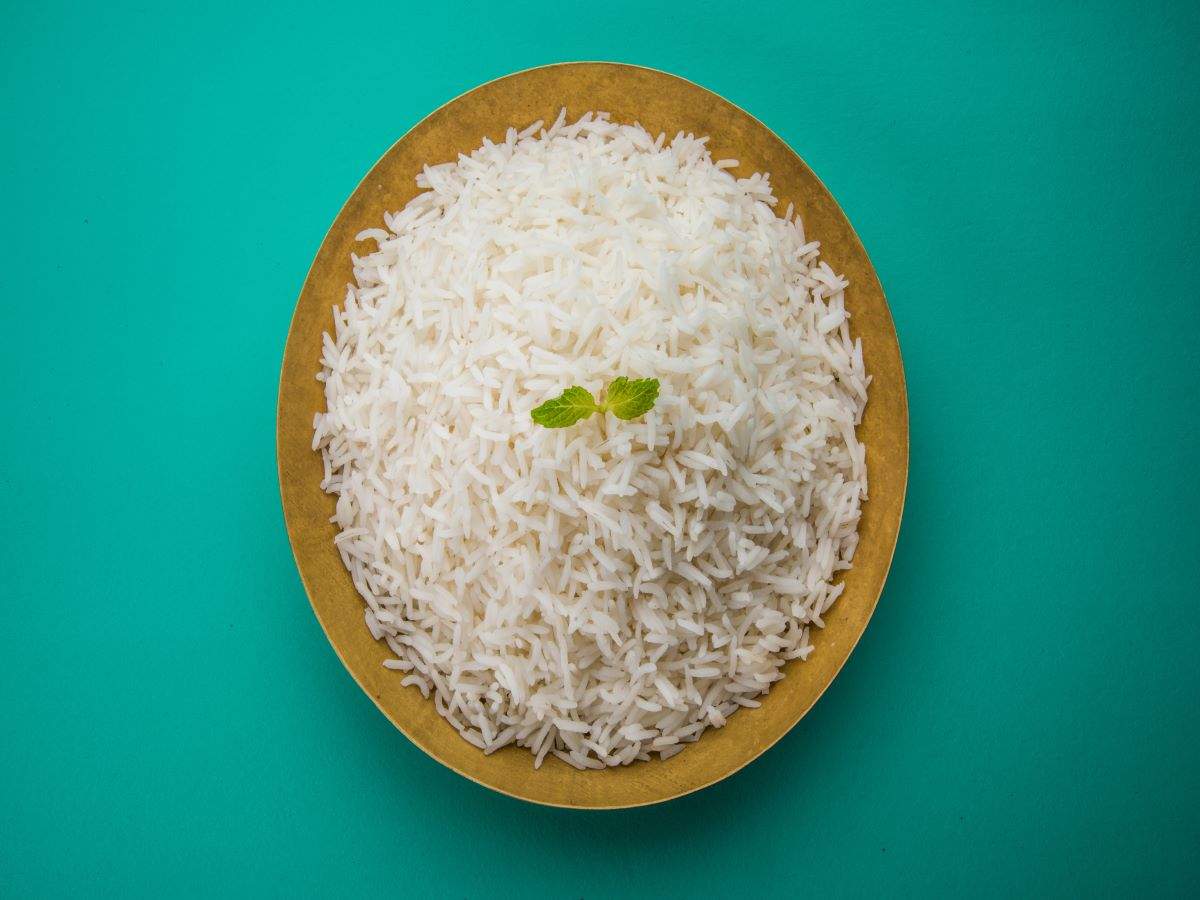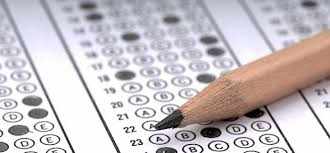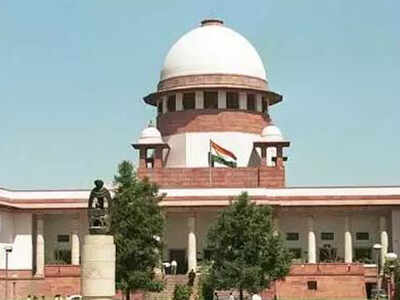
MUMBAI: A bench headed by Chief Justice of India on Monday set Friday July 12 as day to hear special leave petition against Bombay high court judgment upholding Maratha reservations in the Supreme Court.
One of the petitioners who had unsuccessfully challenged the constitutional validity of Maratha reservations before Bombay high court had last Friday filed an SLP before the Supreme Court against. HC decision. "This case concerns a community that, within less than 10 years, went from being described as a "forward", "advanced" and "prestigious" Hindu community to being described as so extraordinarily and exceptionally backward as to warrant a separate 13 per cent reservation for itself, over and above the 50 per cent limit prescribed (by the SC) in Indra Sawhney,'' says the SLP filed by Sanjeet Shukla.
The SLP which seeks permission to appeal against the June 27 judgment of the HC is likely to be mentioned for a hearing next Monday.
The HC bench of Justices Ranjit More and Bharati Dangre had upheld the Maharashtra Socially and Educationally Backward Act (SEBC) of 2018, holding it permissible to reserve a total of 65 per cent seats -including 13 per cent for the Maratha community in educational institutions and public services of the state.
The state had provided for 16 per cent Maratha reservation in both, education and public jobs. The HC brought it down to 12 percent for education and 13 percent for jobs as recommended by a state appointed Backward class commission headed by former HC judge MB Gaikwad.
The SLP says, "The high court misread the SC judgments to conclude that no stringent ceiling limit of 50 per cent reservations has been prescribed by the apex court.'' It also says that the HC has wrongly held that the newly introduced amendment to the Constitution, last year, called the 102nd amendment which stipulates that the President's nod is needed to identify SEBC communities, has in fact no role to play in the state making a law to provide for such reservations under "State Lists" of Other Backward Class (OBC). The HC ruling allows the Maharashtra to "completely circumvent the constitutional procedure of OBC determination."
"The HC judgment suffers from glaring mistakes," says the SLP. It pointed to four aspects which it says the HC missed. Apart from the 50 percent bar, except in exceptional circumstances and the 102nd amendment which vests President with "exclusive power to determine OBCs'' it says the government in Maharashtra, first the Congress led in 2014 and then the BJP led last year, "enacted the SEBC Act under political pressure, completely disregarding constitutional principles of equality and rule of law''. Besides, the HC violated the HC's own interim order of April 2015 which had held against the Maratha reservation.
More than 25 years ago, the SC in the constitutional bench judgment in the case of Indra Sawhney (Mandal commission judgment) prescribed a strict 50 per cent ceiling limit. The SC had said exceptional circumstances could allow it to be exceeded, but the SLP says the HC has "mistakenly" relied only on one of the opinions of one Judge which says such circumstance could mean any circumstance, while another Judge Justice Jeevan Reddy had clearly "contemplated only one exceptional circumstance (populations from remote areas) in which the extent of reservations could exceed 50 per cent,". Justice Sawant however had canvassed exceptional circumstances much more widely to include any "extraordinary" case. Both Judges had given separate opinions for the same majority finding.
"The Bombay high court erroneously read these two opinions together to conclude that any extraordinary circumstance in the State would justify a breach of the 50 per cent limit. It thus mistook the individual opinion of Sawant, J as the opinion of the constitution bench," says the SLP.
Justice Reddy's majority opinion had said, "It might happen that in far-flung and remote areas the population inhabiting those areas might, on account of their being out of the main stream of national life and in view of conditions peculiar to and characteristic to them, need to be treated in a different way, some relaxation in this strict rule may become imperative. In doing so, extreme caution is to be exercised and a special case made out.
The state, meanwhile has not yet approached the HC with a plea to protect students for post graduate admissions on the basis of 16 per cent Maratha reservations. It may do so next week, said a lawyer. But it may not challenge the reduction to maximum 13 per cent, in the SC.
One of the petitioners who had unsuccessfully challenged the constitutional validity of Maratha reservations before Bombay high court had last Friday filed an SLP before the Supreme Court against. HC decision. "This case concerns a community that, within less than 10 years, went from being described as a "forward", "advanced" and "prestigious" Hindu community to being described as so extraordinarily and exceptionally backward as to warrant a separate 13 per cent reservation for itself, over and above the 50 per cent limit prescribed (by the SC) in Indra Sawhney,'' says the SLP filed by Sanjeet Shukla.
The SLP which seeks permission to appeal against the June 27 judgment of the HC is likely to be mentioned for a hearing next Monday.
The HC bench of Justices Ranjit More and Bharati Dangre had upheld the Maharashtra Socially and Educationally Backward Act (SEBC) of 2018, holding it permissible to reserve a total of 65 per cent seats -including 13 per cent for the Maratha community in educational institutions and public services of the state.
The state had provided for 16 per cent Maratha reservation in both, education and public jobs. The HC brought it down to 12 percent for education and 13 percent for jobs as recommended by a state appointed Backward class commission headed by former HC judge MB Gaikwad.
The SLP says, "The high court misread the SC judgments to conclude that no stringent ceiling limit of 50 per cent reservations has been prescribed by the apex court.'' It also says that the HC has wrongly held that the newly introduced amendment to the Constitution, last year, called the 102nd amendment which stipulates that the President's nod is needed to identify SEBC communities, has in fact no role to play in the state making a law to provide for such reservations under "State Lists" of Other Backward Class (OBC). The HC ruling allows the Maharashtra to "completely circumvent the constitutional procedure of OBC determination."
"The HC judgment suffers from glaring mistakes," says the SLP. It pointed to four aspects which it says the HC missed. Apart from the 50 percent bar, except in exceptional circumstances and the 102nd amendment which vests President with "exclusive power to determine OBCs'' it says the government in Maharashtra, first the Congress led in 2014 and then the BJP led last year, "enacted the SEBC Act under political pressure, completely disregarding constitutional principles of equality and rule of law''. Besides, the HC violated the HC's own interim order of April 2015 which had held against the Maratha reservation.
More than 25 years ago, the SC in the constitutional bench judgment in the case of Indra Sawhney (Mandal commission judgment) prescribed a strict 50 per cent ceiling limit. The SC had said exceptional circumstances could allow it to be exceeded, but the SLP says the HC has "mistakenly" relied only on one of the opinions of one Judge which says such circumstance could mean any circumstance, while another Judge Justice Jeevan Reddy had clearly "contemplated only one exceptional circumstance (populations from remote areas) in which the extent of reservations could exceed 50 per cent,". Justice Sawant however had canvassed exceptional circumstances much more widely to include any "extraordinary" case. Both Judges had given separate opinions for the same majority finding.
"The Bombay high court erroneously read these two opinions together to conclude that any extraordinary circumstance in the State would justify a breach of the 50 per cent limit. It thus mistook the individual opinion of Sawant, J as the opinion of the constitution bench," says the SLP.
Justice Reddy's majority opinion had said, "It might happen that in far-flung and remote areas the population inhabiting those areas might, on account of their being out of the main stream of national life and in view of conditions peculiar to and characteristic to them, need to be treated in a different way, some relaxation in this strict rule may become imperative. In doing so, extreme caution is to be exercised and a special case made out.
The state, meanwhile has not yet approached the HC with a plea to protect students for post graduate admissions on the basis of 16 per cent Maratha reservations. It may do so next week, said a lawyer. But it may not challenge the reduction to maximum 13 per cent, in the SC.
Download The Times of India News App for Latest India News.
more from times of india news
World Cup 2019
Trending Topics
LATEST VIDEOS
More from TOI
Navbharat Times
Featured Today in Travel
Quick Links
Rajasthan election 2019Andhra Lok Sabha electionGujarat Election 2019Karnataka Election 2019MP Lok Sabha electionMaharashtra election 2019West Bengal Lok SabhaTamil Nadu election 2019UP Election 2019Bihar election 2019UP Election DateAndhra Election DateBihar Election DateAndhra Assembly ElectionLok SabhaMP Election DateMaharashtra Election DateShiv SenaYSRCPTDPWB Election DateJDUCongressBJP newsGujarat Election DateSC ST ActUIDAIIndian ArmyISRO newsSupreme CourtRajasthan Election DateTelangana Election DateTamilrockers 2018Uttarakhand newsSikkim newsOrrisa newsKarnataka Election DateNagaland newsSatta KingManipur newsMeghalaya news
Get the app
